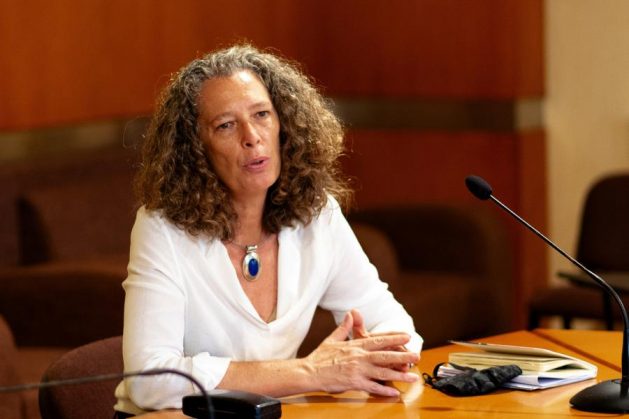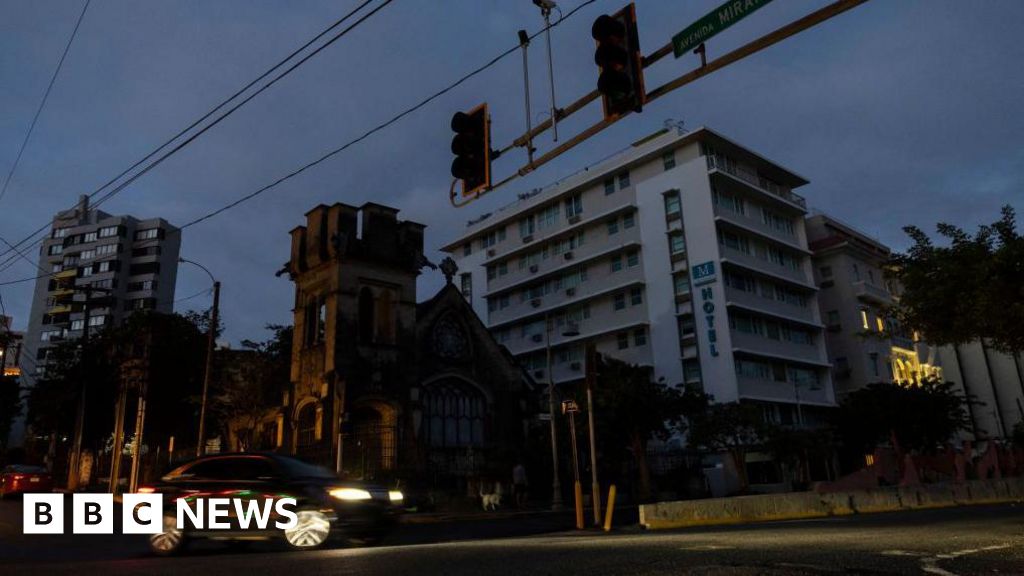Ukraine Humanitarian Response Plan Only 30 Percent Funded — Global Issues
UNITED NATIONS, Aug 01 (IPS) – Civilian infrastructure is under attack in cities across Ukraine, and the need for long-term aid grows. However, the United Nations’ 2023 Humanitarian Response Plan for Ukraine is only 30 percent funded, the Humanitarian Coordinator for Ukraine, Denise Brown, told journalists.
The response plan for the year calls for USD 3.9 billion to continue frontline deliveries several times a week, prepare Ukraine for winter, and support long-term recovery and rebuilding in the country. Brown said that funding meant to help at least 11 million Ukrainians has been inadequate due to unexpected demands.
Access to water for drinking and irrigation has become a key issue following the destruction of Ukraine’s Kakhovka Dam. Top-floor residents have watched their downstairs neighbors evacuate flooded apartments. Several thousand people have been displaced due to water damage. Brown said that while the situation has been managed in the short term, the UN team continues searching for long-term solutions to water contamination.
Brown highlighted that the need for trauma support is growing at a fast pace. While it is too early to assess the long-term psychological effects of the current war, a 2019 study found a high prevalence of PTSD and depression in Ukrainians displaced by the Russian invasion of Ukraine in 2014.
The Black Sea city of Odesa has been attacked by Russia several times in the past weeks. The city is an important hub for the UN and the humanitarian community because it acts as a staging area for frontline responses, Brown explained. She recently traveled there to check on UN staff.
In Odesa, Brown visited the historical Orthodox cathedral. The Transfiguration Cathedral is in the center of a protected part of the city and within 700 meters of where most UN staff live and work. Brown learned that neighboring civilians had taken shelter in a bunker in the cathedral when an air siren went off, not knowing it would be hit. There was damage throughout the building, with one wing completely destroyed. A team of UNESCO experts has been deployed to further assess the condition of the cathedral. Brown said she was heartened to see community members gather to clean up broken glass.
“What I saw in Odesa last week with my own eyes is being repeated across many big cities in Ukraine,” Brown said.
According to Brown, big cities with a UN presence nearby are regularly targeted. Whole neighborhood blocks have been struck, and entire buildings have come down. Attacks on infrastructure like critical ports have hurt civilian workers, Ukrainian farmers, and vulnerable people in the Global South who rely on grain from the region. Access to resources has been a particular concern since Russia’s termination of the Black Sea Grain Initiative.
The UN continues to advocate for access to Russian-occupied territories for the purpose of providing aid. Brown said they have been denied due to “security concerns.”
“The humanitarian situation hasn’t changed… the only thing that’s going to relieve that situation is if the war stops,” Brown said.
IPS UN Bureau Report
Follow @IPSNewsUNBureau
Follow IPS News UN Bureau on Instagram
© Inter Press Service (2023) — All Rights ReservedOriginal source: Inter Press Service
Check out our Latest News and Follow us at Facebook
Original Source





